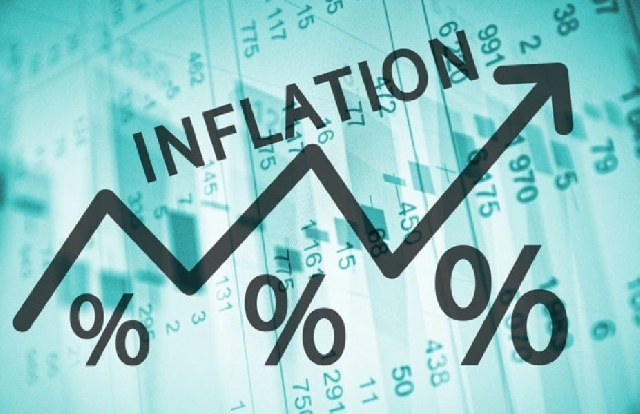‘Artificially high’ policy rate has failed to rein in inflation – IEA
 The IEA said the policy rate is artificially high and has, in and of itself, not been effective in controlling recent inflation
The IEA said the policy rate is artificially high and has, in and of itself, not been effective in controlling recent inflation
The Institute of Economic Affairs (IEA) has said there is a detachment between the rate of inflation and the policy rate.
In its Economic Outlook for July and August 2024, the Institute said inflation fell by 33.2 percentage points from 54.1% to 20.9% between December 2022 and July 2024, however, the policy rate was reduced by the Monetary Policy Committee of the Bank of Ghana by just 1.0 percentage points within the same period.
The MPC cut the policy rate to 29 per cent on 26 July 2024.
“The huge disparity between the declines in inflation and the PR suggests a disconnect between inflation and the policy rate,” IEA asserted.
It added: “The policy rate is artificially high and has, in and of itself, not been effective in controlling recent inflation, which, as we explained under Section 2.2, has been fuelled largely by supply and cost factors that are not easily amenable to the demand-based PR”.
Indeed, IEA noted, “The IMF recently described Ghana’s policy rate to be the highest in real terms in Sub-Saharan Africa (SSA).”
“This implies that Ghana’s monetary policy stance has been unusually tight. Ironically, Ghana’s inflation has also been among the highest within Sub-Saharan Africa, pointing to the ineffectiveness of our monetary policy,” the think tank posited.
“However, we know that the MPC is constrained under the ECF [Economic Credit Facility] to maintain a tight monetary policy stance. As such, the MPC is not likely to cut the PR by more than 100 basis points. As we suggested under Section 2.2, fighting Ghana’s current inflation requires targeting directly, the supply and cost drivers through a collaborative effort between the Bank of Ghana and the government,” it added.
The Bank of Ghana left its benchmark monetary policy rate steady for a third consecutive meeting at 29% on July 26th, 2024, citing concerns about inflationary pressures due to strains on the currency
Trending Business

Angela List not owner of Adamus Ghana – Adamus Resource Ltd clarifies
10:02
Gov't records 19.75% oversubscription of Treasury Bills post-election
11:54
Labadi Beach Hotel secures injunction in land dispute with Polo beach Club
01:31
NDC gov’t will act swiftly to cater for first quarter expenditure after January 7 – Ato Forson to Ghanaians
21:05
You’ll have stable power supply this Christmas – ECG assures Volta, Oti residents
12:43
Present 2025 mini-budget or risk a jail term - Ato Forson to Finance Minister
16:46
Asian African Consortium now African Agribusiness Consortium
18:12
NPA promotes LPG usage in Western Region
13:02
UNDP calls for increased focus on non-life insurance in Ghana
09:12
Sugarcane farmers urge revival of Komenda Sugar Factory
03:19



